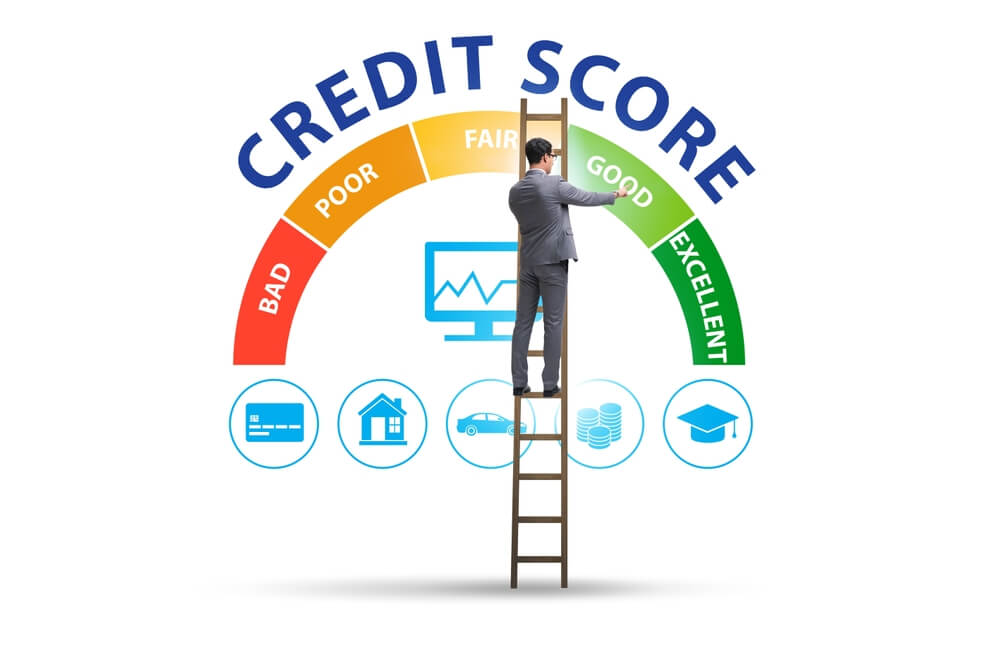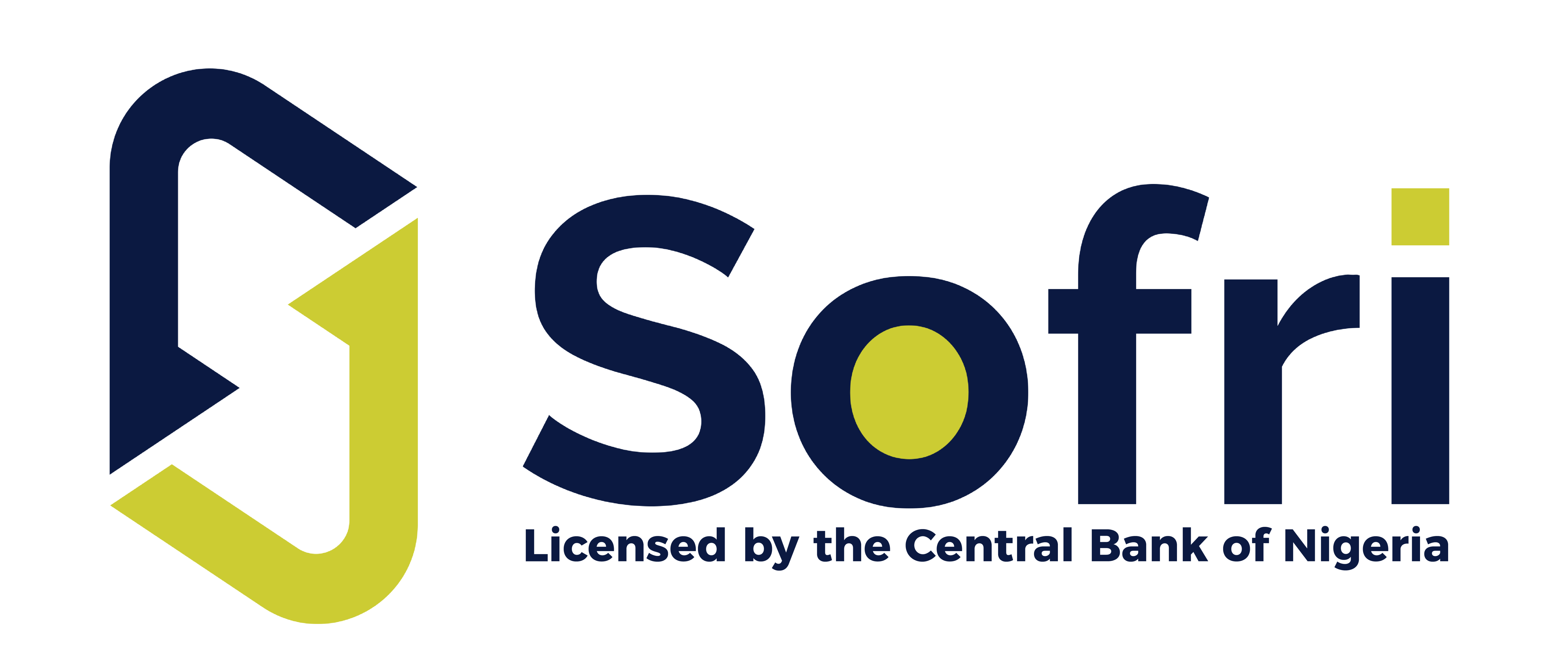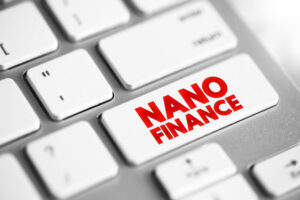Introduction to personal loan
Obtaining a personal loan with negative credit in Nigeria might be difficult, but not impossible. If you’ve previously battled with debt management or skipped a few payments, your credit score may be in poor shape, making it difficult to obtain a loan when you need it the most. Many lenders prefer applicants with solid credit records, leaving people with poor credit feeling trapped or helpless.
However, knowing your financial choices is critical. Even if your credit score is less than ideal, you may still get a personal loan in Nigeria. You may boost your chances of acceptance by researching several lenders, strengthening your financial background, and learning how to strengthen your loan application.
In this post, we’ll go over how to secure a personal loan with negative credit in Nigeria. We will go over everything from knowing your credit score to negotiating loan conditions and restoring your credit. Even with negative credit, you may take the initial steps towards obtaining the financial assistance you want by employing the appropriate tactics.
Understanding Your Credit Score
Your credit score is an important aspect in deciding whether you qualify for a personal loan in Nigeria. It is a three-digit number that determines your creditworthiness based on your financial history. Lenders use this number to determine the risk of lending to you; therefore, the better your score, the more likely you will be authorised for a loan.
In Nigeria, credit ratings are established by a variety of criteria, including payment history, credit utilisation, credit history length, and new credit enquiries. Late payments, defaults, and excessive credit use can all have a negative influence on your credit score. On the other hand, consistently paying on time and keeping your debt low can help you enhance it.
To check your credit score, contact credit bureaus such as the Credit Bureau Association of Nigeria (CBAN), or obtain a credit report from any recognised bureau. It is critical to frequently assess your score and make efforts to improve it. Paying off current bills, minimising new credit applications, and challenging any mistakes on your report will help you improve your credit score over time.
Understanding your credit score not only helps you navigate the loan application process, but it also improves your financial situation in the long run.

Types of Personal Loans for Bad Credit
While traditional banks may generally be unwilling to lend to those with bad credit, there are alternative choices that can be explored by people with bad credit to get the financial aid they need.
- Payday Loans: These are short-term loans designed to cover expenses until your next paycheck. They’re often easier to obtain for those with bad credit, but they come with high interest rates and strict repayment terms. Payday loans should only be considered for emergencies due to their high cost.
- Microfinance Loans: Microfinance institutions are known for offering loans to low-income individuals and small businesses, including those with bad credit. These loans may come with more flexible requirements than traditional banks, though interest rates can still be on the higher side.
- Peer-to-peer lending: Online platforms connecting borrowers and investors are gaining popularity in Nigeria. These platforms may offer more flexible terms and fewer credit score restrictions. However, rates can vary significantly based on your profile and the platform’s policies.
Each of these loan alternatives have their advantages and disadvantages so it is critical to weigh interest rates, payback terms, and eligibility requirements before making a selection.
Finding the Right Lender
When looking for a lender, prioritise those who provide personal loans to people with negative credit. Begin by evaluating different lenders’ interest rates, fees, and payback conditions. Although some internet lenders are more forgiving with negative credit customers, their interest rates may be higher than those of traditional banks.
Before applying, be sure the lender has a good reputation and is legitimate. Scams aimed at desperate borrowers are prevalent, so check customer reviews and ensure that the lender is registered with regulatory bodies such as the Central Bank of Nigeria (CBN). A lender with a good track record and clear loan terms is less likely to make unfavorable or deceptive offers.
Also, examine the lender’s customer service. A reputable lender should be transparent, answer your questions, and guide you through the application process. If something feels odd, or if a lender encourages you to make a rapid choice, go away.
Preparing Your Application
To improve your chances of loan acceptance, make sure your application is thorough and well-prepared. Lenders often want personal identity, proof of income, and credit history. Having these documents ready ahead of time can help to speed up the process and demonstrate your organisational skills.
Consider adding a co-signer—someone with good credit who promises to repay the loan if you are unable to. Some lenders enable you to secure the loan with collateral, such as a car or property. Collateral decreases the lender’s risk, making it simpler to obtain approval even with a low credit score.
You could also consider pre-qualification alternatives. Pre-qualification lets you see if you’re likely to get accepted for a loan without damaging your credit score. This will help you determine if the loan is within your budget before you commit to a complete application.
Negotiating Terms
Negotiating loan terms is especially critical for people who have negative credit. Just because a lender has certain terms does not imply that they are cast in stone. You may be able to negotiate a cheaper interest rate, a longer payback term, or lesser costs.
Begin by analyzing the options given and finding opportunities for improvement. If you have a consistent income or are supplying collateral, make use of it. Lenders may be ready to change the terms if you can show that you are a lower-risk borrower.
It’s also important to check numerous offers to see which loan has the best conditions.
Rebuilding Your Credit
Improving your credit score might result in better loan offers in the future. After receiving a personal loan, concentrate on making on-time payments and keeping your debt modest. Regularly repaying your loan will progressively improve your credit score over time.
To maintain a healthy credit score, avoid incurring new debt and keep your credit utilisation below 30%. You may also check your credit report for any changes or inaccuracies that could be harming your score. By using credit responsibly, you will be better positioned to get more favourable lending alternatives in the future.
Here’s a practical guide to help you rebuild your credit score in Nigeria:
1. Prioritise timely payments:
Set Reminders: Use digital tools or physical calendars to set reminders for payment due dates.
Automate Payments: Set up automatic payments for recurring bills to avoid missing deadlines.
Pay More Than the Minimum: If possible, pay more than the minimum amount due to reduce your outstanding balance.
2. Reduce Credit Utilisation:
Lower Credit Limits: Consider requesting a lower credit limit on your credit cards.
Pay Off Balances: Aim to pay off your credit card balances in full each month.
Limit New Credit Applications: Avoid applying for multiple credit cards or loans simultaneously.
3. Consider secured loans:
Use assets as collateral: Secured loans, such as those backed by property or a vehicle, can help rebuild your credit.
Responsible Repayment: Make timely payments to demonstrate responsible borrowing behaviour.
4. Be patient and persistent:
Long-Term Commitment: Rebuilding credit takes time and consistent effort.
Stay Positive: Avoid making impulsive financial decisions that could further damage your credit.
FAQ
What is a negative credit score in Nigeria?
In Nigeria, a negative credit score is commonly defined as one that is less than 600. It shows that a borrower has struggled with debt management or timely payment, making loan approval more challenging.
Can I acquire a personal loan in Nigeria even if I have no credit history?
Yes, some lenders provide loans to those with no credit history, but these loans may have higher interest rates or require collateral.
What frequent blunders should you avoid when applying for a personal loan with bad credit?
Avoid applying to many lenders at once because this might damage your credit score. Also, check the conditions carefully to prevent unexpected costs and high interest rates.
Can I refinance my current personal loan for a better rate?
Yes, refinancing is a possibility if your financial condition improves, or you discover a lender with better terms.
How long does it take to be accepted for a personal loan with terrible credit?
Approval dates vary, but with internet lenders, you may get approved within a few days. Traditional banks may take longer, especially if more documentation is needed.
Conclusion
Obtaining a personal loan with bad credit in Nigeria is doable with the appropriate tactics. Understanding your credit score, researching alternative loan sources, and creating a good, well-documented application will all help you increase your chances of acceptance.
It’s critical to evaluate lenders, negotiate good conditions, and, most importantly, commit to improving your credit once you have the loan. With patience and attention, even people with less-than-perfect credit can obtain the financial aid they require, paving the way for greater lending prospects in the future.



